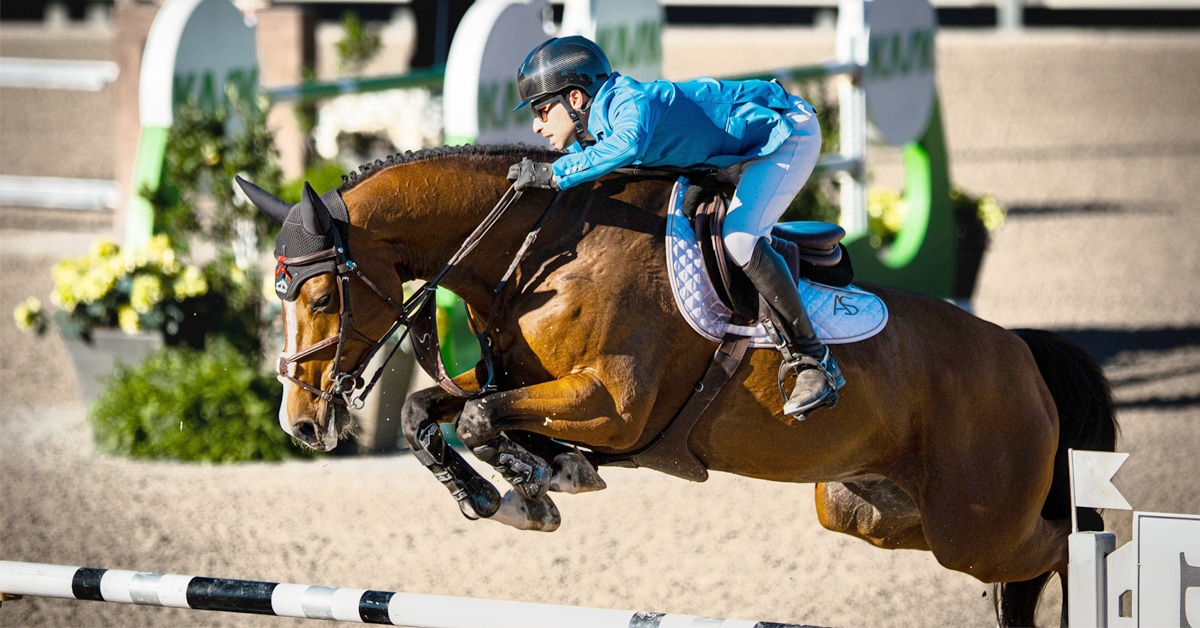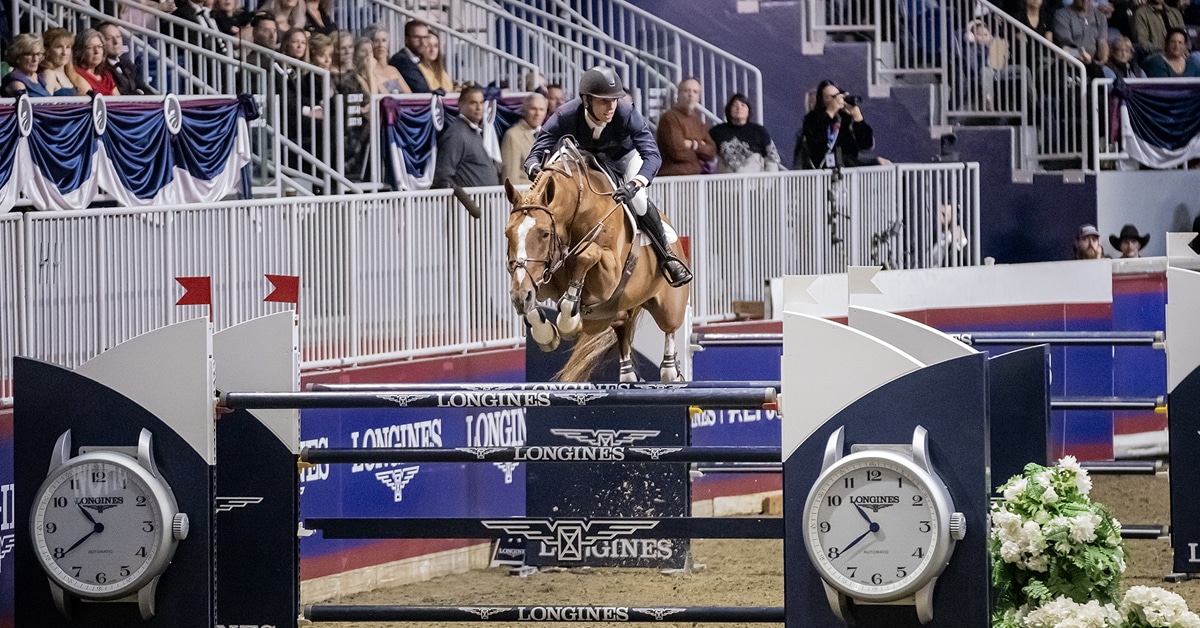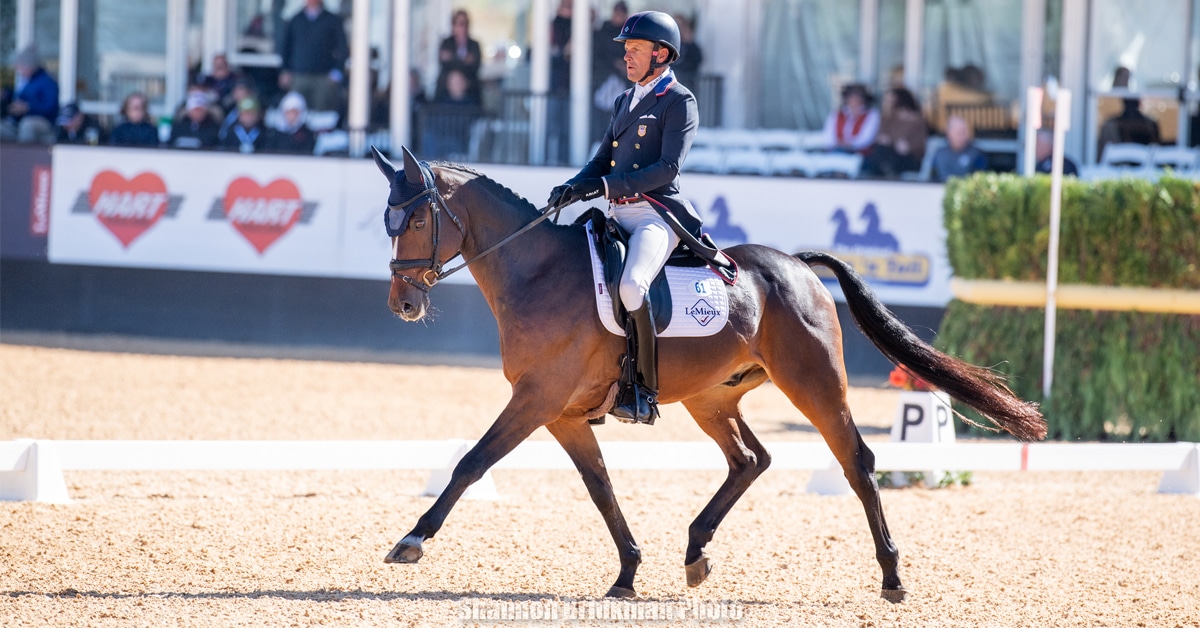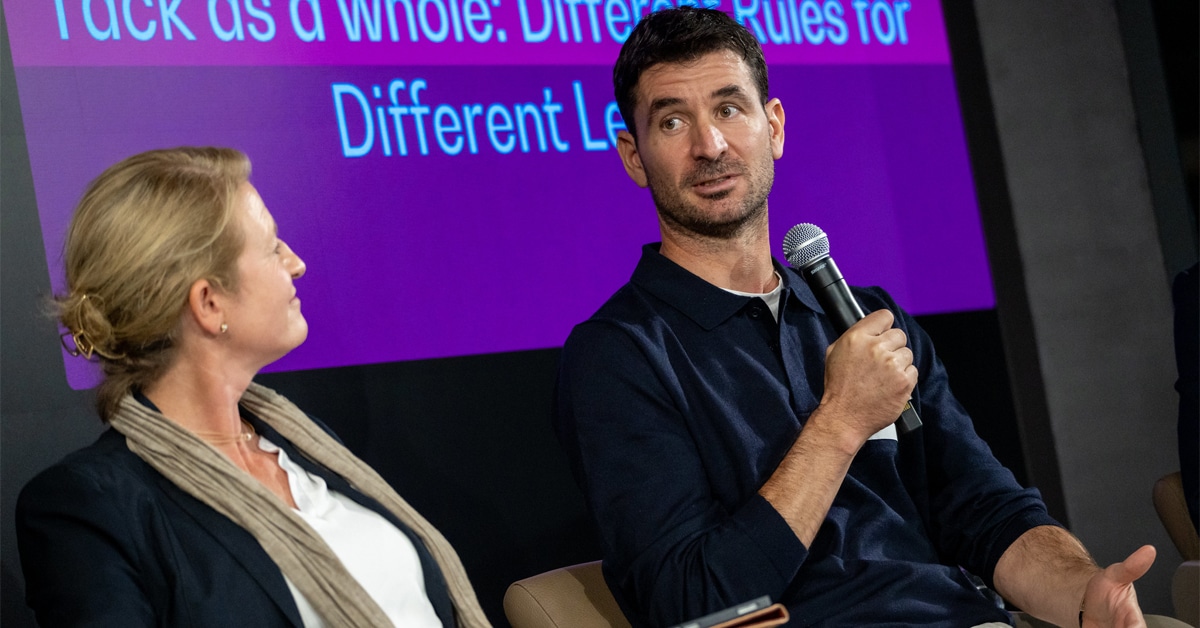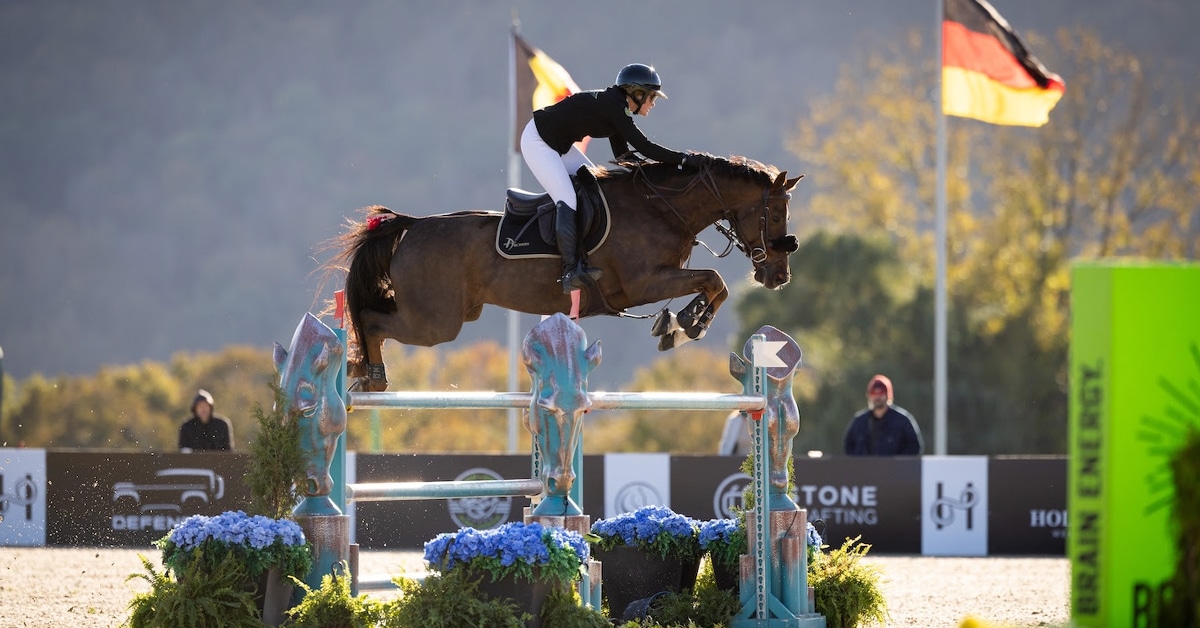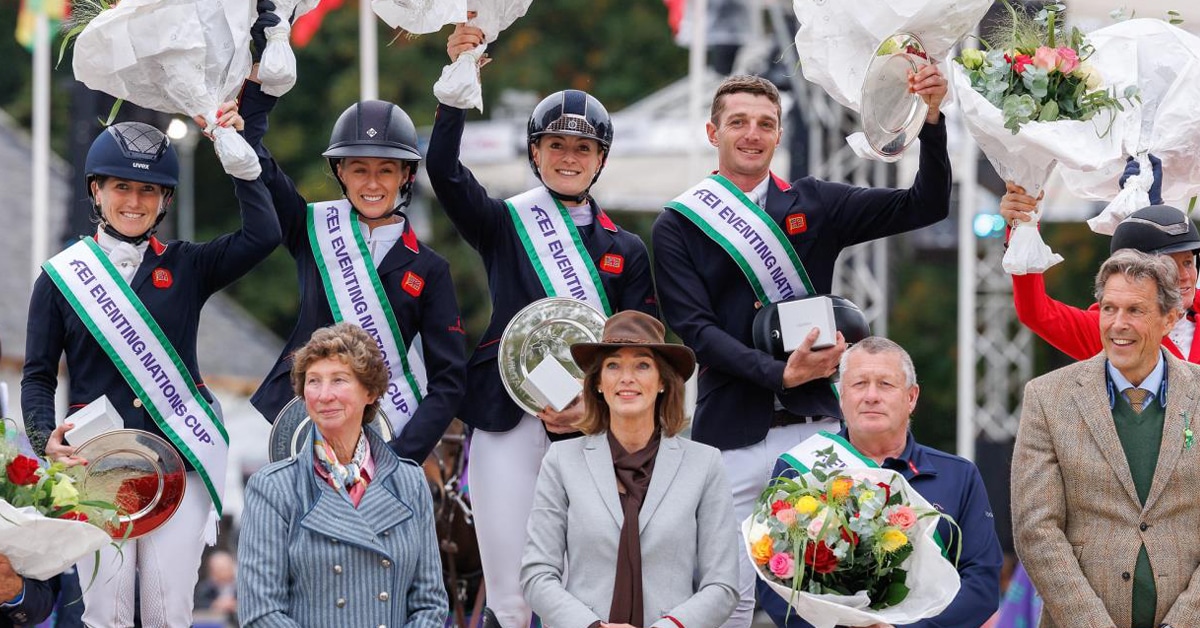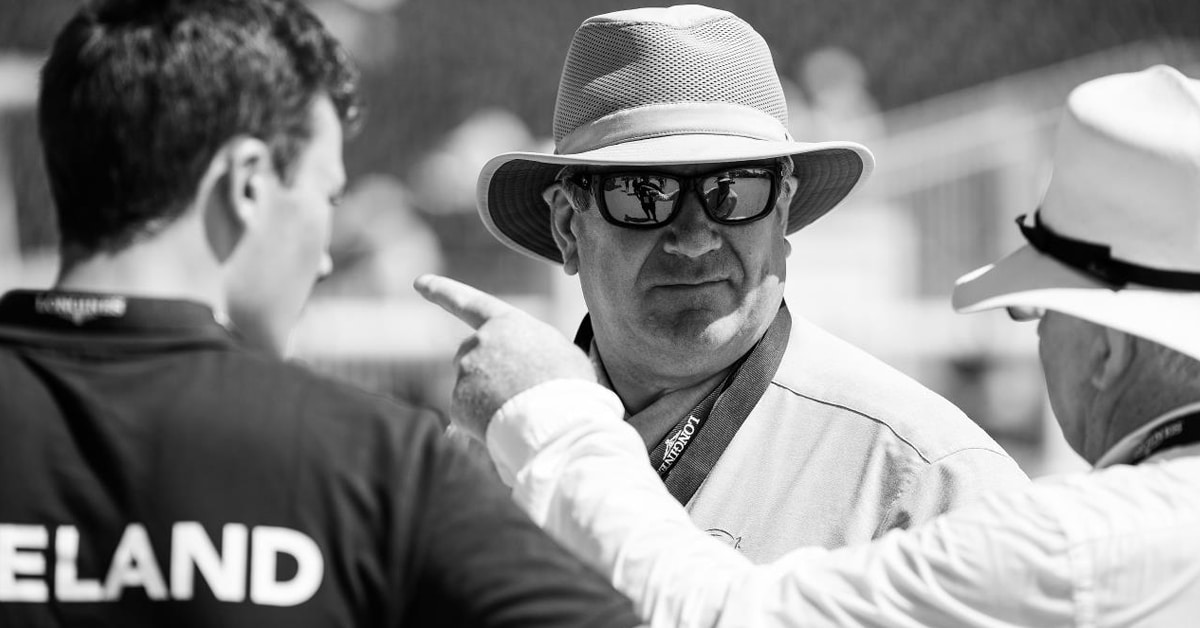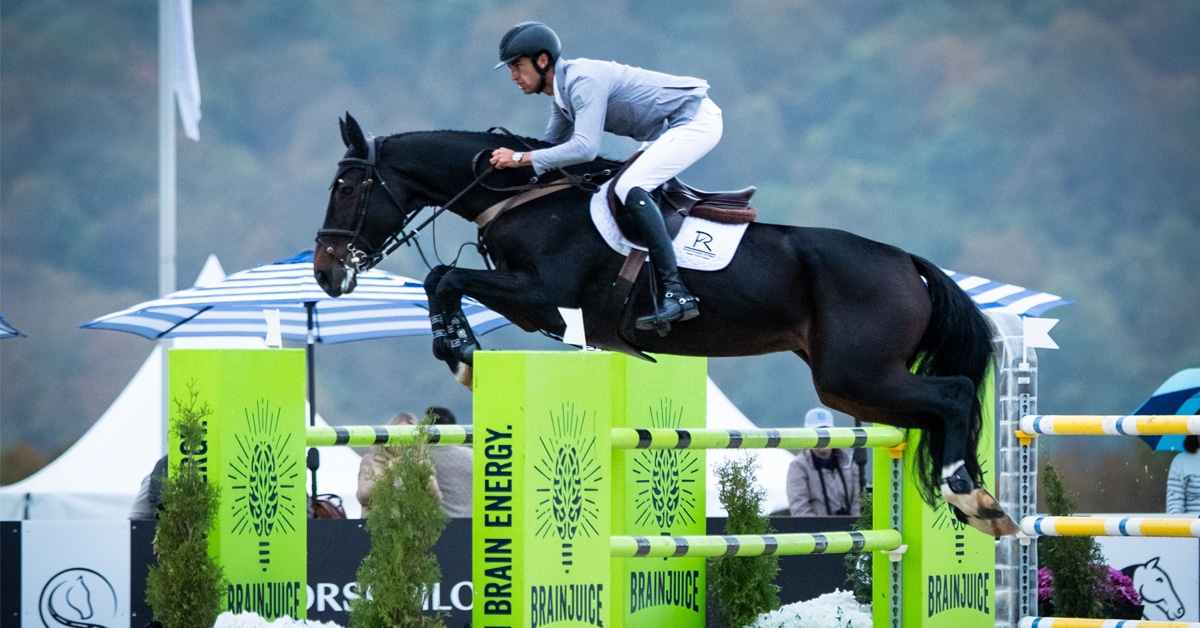The Wild Ones is a new television series featuring the Qayus, a breed of wild horse surviving in the Cariboo area of British Columbia, and the Xeni Gwet’in people who watch over them. The show premiered in January and will run for 10 episodes, on the History channel.
The Xeni Gwet’in are the caretakers of about 300 Qayus horses in multiple herds. Chief Jimmy Lulua says there is a deep relationship between his people and the Qayus. “These horses are part of the Xeni Gwet’in identity,” he said. “They have been part of our lifestyle for generations as a primary resource for transportation. They are important to us and they are a very natural part of our life.
“The Xeni Gwet’in are the sole owners of the Qayus horses. Capturing and training them is a right of passage for our youth. Once trained, it’s up to the owner whether they will keep or sell their horse. Xeni Gwet’in has complete jurisdiction over the management of the horses and all other wildlife on our title land.”
The Qayus horses are unique, mostly because of the environment that has shaped them, said series producer Barry Davis. “They inhabit steep terrain and are almost constantly on the move, so their athletic conditioning is unrivaled,” he said. “Secondly, their presence is a beacon for apex predators like wolves and cougars. To stay alive, they need to be faster and smarter than their pursuers.”
Davis said the show gives viewers the opportunity to see how the herds are managed, without interventions like administering tranquilizers or birth control programs. “I think viewers who are interested in a group trying to do their best by the wild horses against incredible odds will find the series appealing,” he said.
“We saw horses brought in that were not candidates for training. They were fed and examined, some were gelded, some were repatriated if they were once owned and others were returned to the wild,” said Davis. “When a prospect does make it into training, it’s an amazing thing to watch as they transform from scared and vulnerable to attentive and trusting of people.”
Davis said he has great admiration for the Xeni Gwet’in people who choose to take an active role in trying to preserve the herds’ vitality. “At 5 o’clock in the morning, when it’s -20°C, we’d see them getting ready to try to thin out a herd facing a bleak future, and you can’t help but admire their dedication. There’s nobody applauding on the sidelines, it’s just hard and dangerous work, but they just go out and try to make a difference.”
More News
